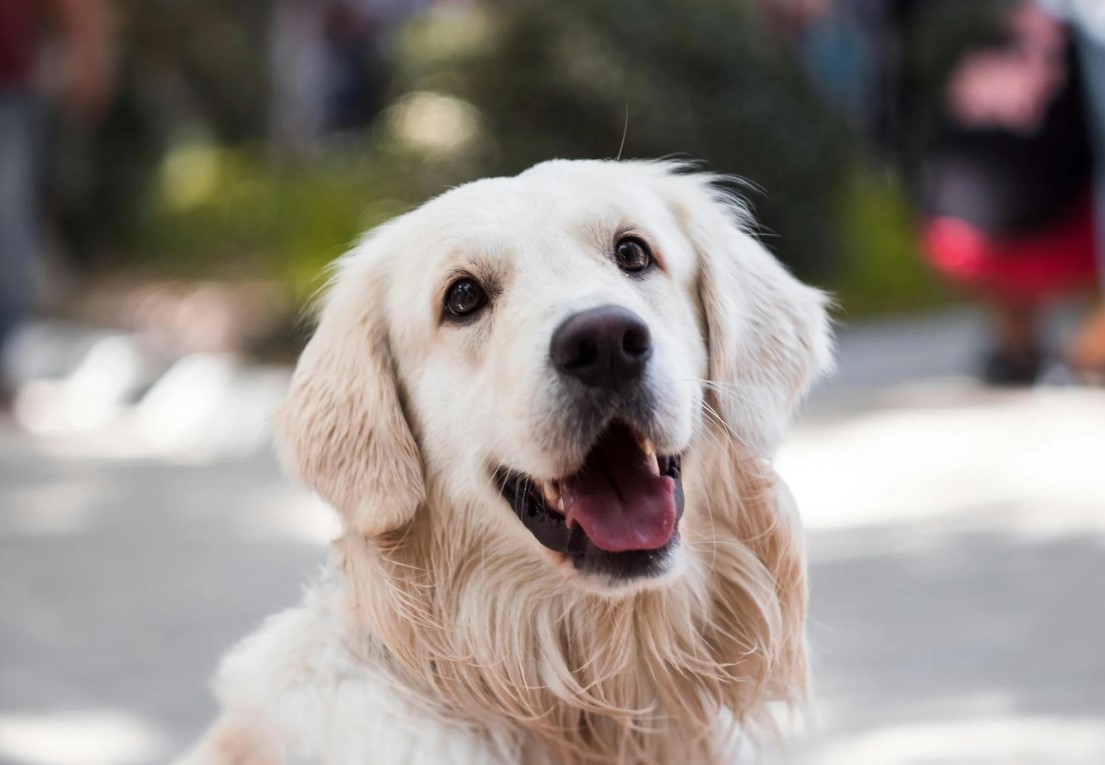Legal Requirements & Licenses Required to Start a Dog Daycare & Boarding Business in the UK
Last Updated on
Understanding the Legal Framework for Dog Daycare & Boarding Business
Overview of Animal Welfare Act 2006
The Animal Welfare Act 2006 is the cornerstone of animal welfare legislation in the UK. It ensures that animal owners and businesses adhere to the five welfare needs of animals, which include:
- The need for a suitable environment.
- The need for a suitable diet.
- The need to exhibit normal behavior patterns.
- The need to be housed with, or apart from, other animals.
- The need to be protected from pain, suffering, injury, and disease.
Compliance with The Animal Boarding Establishments Act 1963
The Animal Boarding Establishments Act 1963 requires anyone boarding animals in exchange for payment to obtain a license from their local authority. This act ensures that facilities maintain appropriate standards of care, hygiene, and welfare.
Licensing of Activities Involving Animals (England) Regulations 2018
Introduced to streamline and update the licensing system, these regulations require all businesses involved in the care and management of animals to obtain specific licenses. These regulations set out detailed conditions under which businesses must operate, covering areas such as accommodation, diet, behavior, and health.
Licensing Requirements for Dog Daycare & Boarding Business
Obtaining a Dog Boarding License
To legally operate a dog daycare and boarding business, you must obtain a dog boarding license from your local council. This license ensures that your facility meets the required standards of animal welfare, hygiene, and safety.
License Application Process and Fees
The application process involves submitting detailed plans of your facility, demonstrating compliance with all relevant regulations, and paying a fee. The fee varies depending on the local council but typically includes an initial application fee and annual renewal fees.

Duration and Renewal of Licenses
Licenses are generally valid for one to three years, depending on your council’s regulations. Regular renewals require re-inspection and potentially additional fees to ensure continued compliance with all standards.
Health and Safety Regulations
Health and Safety at Work Act 1974
This act requires employers to ensure the health, safety, and welfare of their employees and the public. For dog daycare and boarding businesses, this includes implementing safety protocols to prevent accidents and injuries.
Risk Assessments and Management
Conducting comprehensive risk assessments is crucial. This involves identifying potential hazards, evaluating the risks, and implementing measures to mitigate them. Regular reviews and updates of these assessments are necessary as your business evolves.
Fire Safety Regulations and Procedures
Compliance with fire safety regulations includes having a clear evacuation plan, ensuring all staff are trained in fire safety procedures, and maintaining appropriate fire detection and suppression systems.
Planning and Zoning Laws
Understanding Local Council Planning Permissions
Before setting up your dog daycare and boarding business, you must secure the appropriate planning permissions from your local council. This often involves submitting detailed plans and obtaining approval for changes in property use.
Zoning Requirements for Dog Boarding Facilities
Zoning laws dictate where you can legally operate a dog boarding facility. These laws aim to minimize disturbances to residential areas and ensure that facilities are situated in suitable locations.

Noise Control and Environmental Impact Assessments
To address noise concerns, especially in residential areas, you must implement noise control measures. Environmental impact assessments may also be required to evaluate the potential effects of your business on the local environment.
Animal Welfare Standards
Ensuring Adequate Space and Living Conditions
Facilities must provide adequate space for dogs to move, play, and rest comfortably. The environment should mimic natural conditions as closely as possible to promote the animals’ well-being.
Health and Hygiene Standards
Maintaining high standards of cleanliness and hygiene is critical. This includes regular cleaning of facilities, proper waste disposal, and ensuring that animals are kept free from diseases and parasites.
Staff Training and Competence Requirements
Staff must be adequately trained in animal care, behavior management, and first aid. Ongoing training and development are essential to keep up with best practices and regulatory changes.
Record Keeping and Documentation
Maintaining Accurate Records
Accurate record-keeping is vital for compliance with regulations. This includes records of animal care, health checks, incidents, and inspections.
Documentation Required for Inspections
During inspections, you must present comprehensive documentation that demonstrates compliance with all legal requirements and standards.
Reporting and Compliance
Regular reporting to local authorities is often required to ensure ongoing compliance. This includes submitting updates on any changes in your business operations or premises.

Inspections and Compliance
Routine Inspections by Local Authorities
Local authorities conduct routine inspections to ensure compliance with licensing conditions and welfare standards. These inspections may be scheduled or unannounced.
Meeting Inspection Criteria
To pass inspections, your facility must meet all regulatory standards, including those related to animal welfare, hygiene, and safety.
Consequences of Non-Compliance
Failure to comply with regulations can result in penalties, including fines, suspension, or revocation of your license. It can also damage your business’s reputation.
Additional Considerations for Dog Daycare & Boarding Business
Data Protection and GDPR Compliance
Handling personal data requires compliance with the General Data Protection Regulation (GDPR). This includes securing client information and ensuring it is used appropriately.
Ethical Considerations and Best Practices
Ethical considerations include ensuring the humane treatment of animals and fostering a positive environment. Adhering to best practices helps maintain high standards and customer trust.
Training and Certification for Staff
Encouraging staff to pursue additional training and certification can enhance the quality of care provided and ensure adherence to the latest industry standards.
Related Article: How to Start a Dog Daycare and Boarding Business in the UK?
Frequently Asked Questions (FAQs)
What are the steps to apply for a dog boarding license?
To apply for a dog boarding license, contact your local council, complete the application form, submit the required documentation, and pay the applicable fees. An inspection of your facility will be conducted before the license is granted.
How often are inspections conducted?
Inspections are typically conducted annually or biennially, depending on the local council’s regulations. However, unannounced inspections can occur at any time.
What are the penalties for non-compliance with animal welfare standards?
Penalties for non-compliance can include fines, suspension or revocation of your license, and potential legal action. It can also lead to reputational damage.
Do I need specific qualifications to run a dog daycare?
While specific qualifications are not always mandatory, having relevant training and certification in animal care, behavior management, and first aid is highly recommended.
Can I operate a dog boarding business from my home?
Operating from your home is possible, but you must meet all regulatory requirements and obtain the necessary planning permissions and licenses from your local council.







